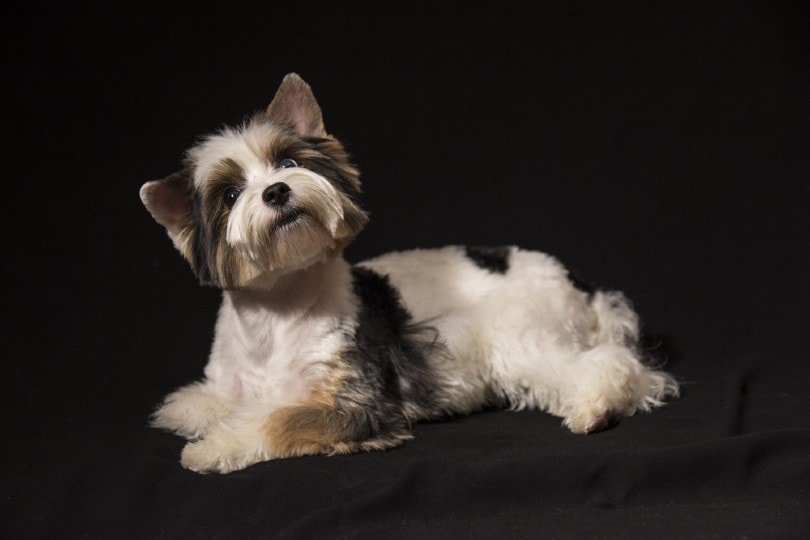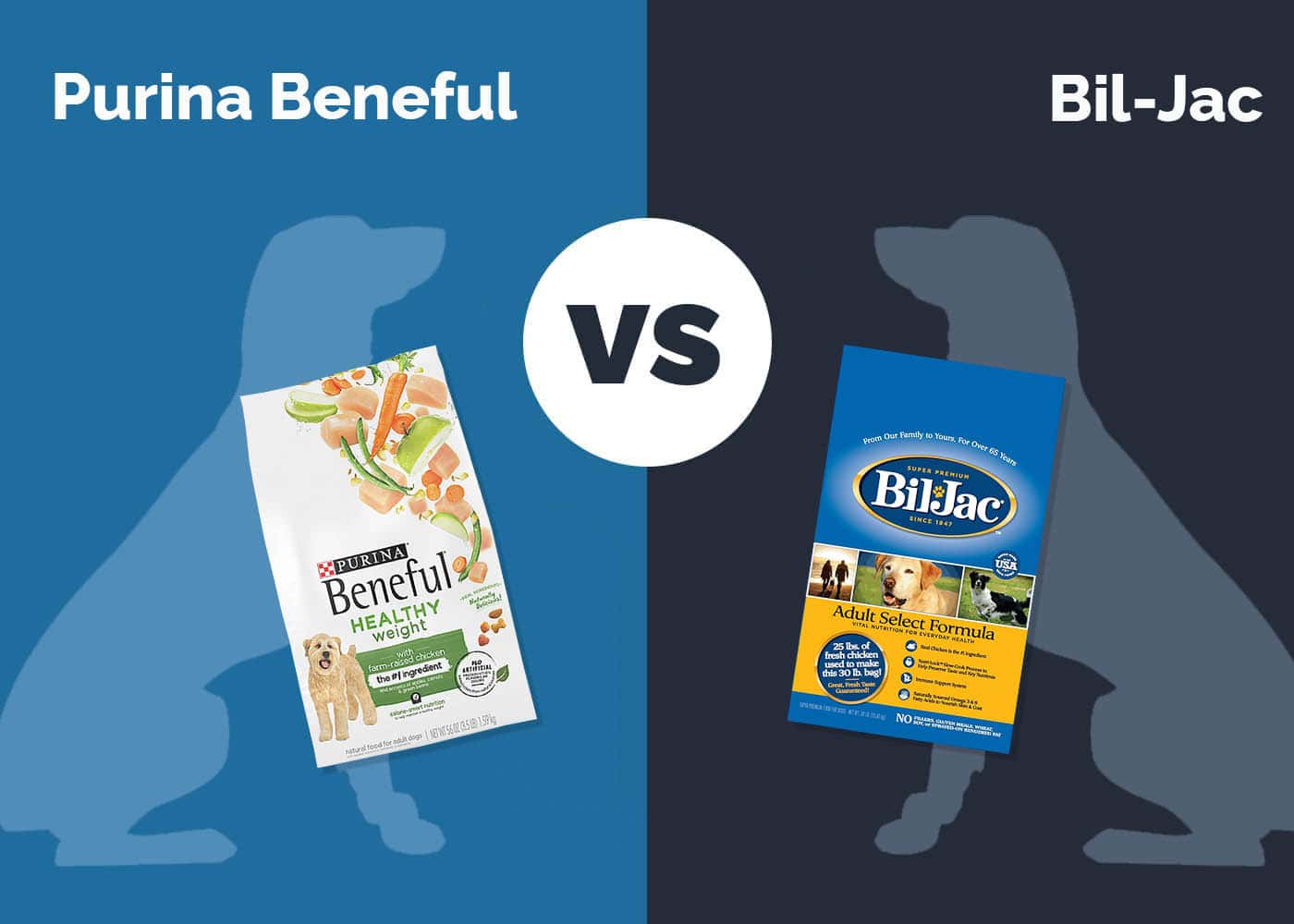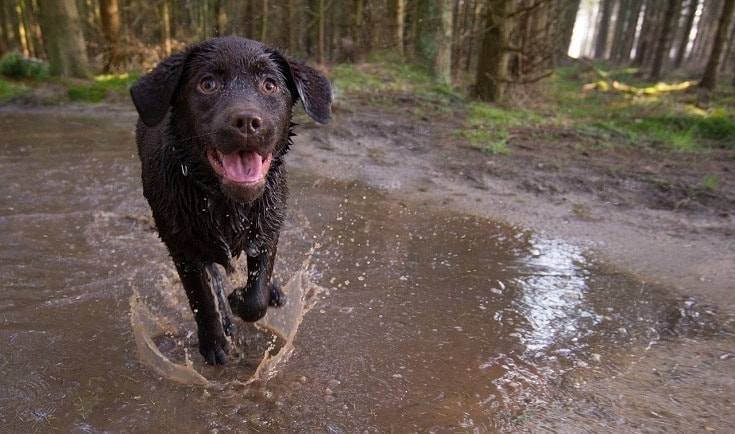Can Dogs Eat Grits? Nutrition Facts & Safety Guide

Updated on
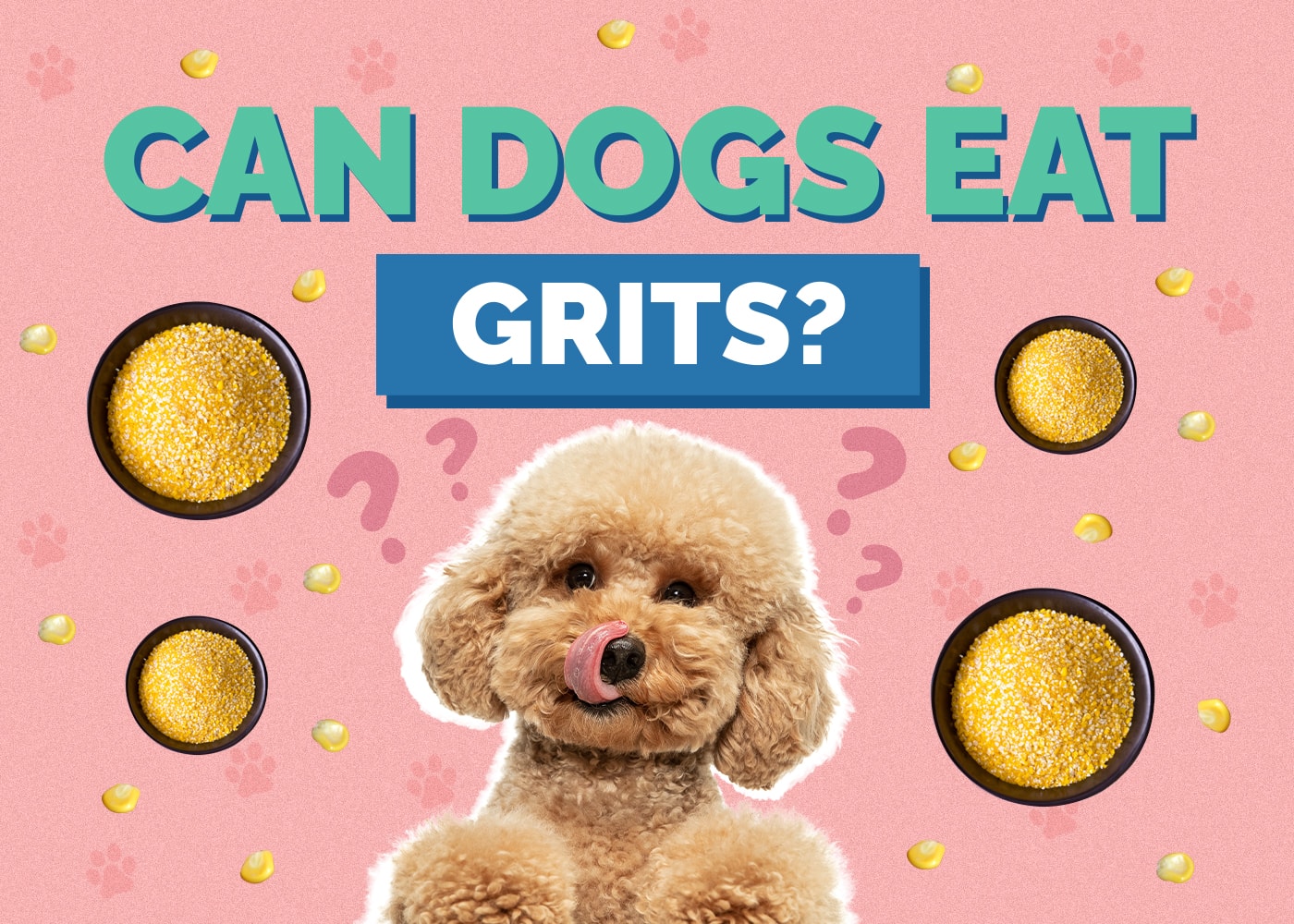
If you have leftover grits, is it a good idea to put these on top of your dog’s regular kibble to give them a special treat? Or should we avoid feeding grits to our dogs in any way, shape, or form?
As a popular food in many parts of the U.S., many of us have a box of grits in our house. If you’re looking for something to give your dog as a special treat or bulk out the last of the dog food before you restock, are grits something that you should feed your dog?
The short answer is no. Grits are not suitable or beneficial for dogs to eat, so it’s best to avoid feeding them to your dog intentionally.1
Facts About Grits
Grits are made from ground corn that has been treated using an alkali like lime to remove any color. This white corn is often called hominy. They were originally a Native American foodstuff and are now popular in the Southern U.S., in an area stretching from Texas to Virginia that is sometimes called the “Grits Belt.”
National “Eat Grits” Day falls on September 2.
What Do Grits Contain?
Grits are made from corn. The corn is usually processed to remove the outer layer or pericarp, as well as being soaked in an alkaline solution to remove aflatoxins.
They’re high in carbohydrates and low in protein. Unfortunately, this is the exact reverse of what your dog needs! Per 100 grams, grits contain 13 grams of carbohydrates and only 1.4 grams of protein.
The corn in grits does have good things too! Grits contain antioxidants, linoleic acid, vitamins, and minerals. It also has fiber, although at only 0.3 grams of fiber per 100 grams of grits, that’s not exactly in the high range.
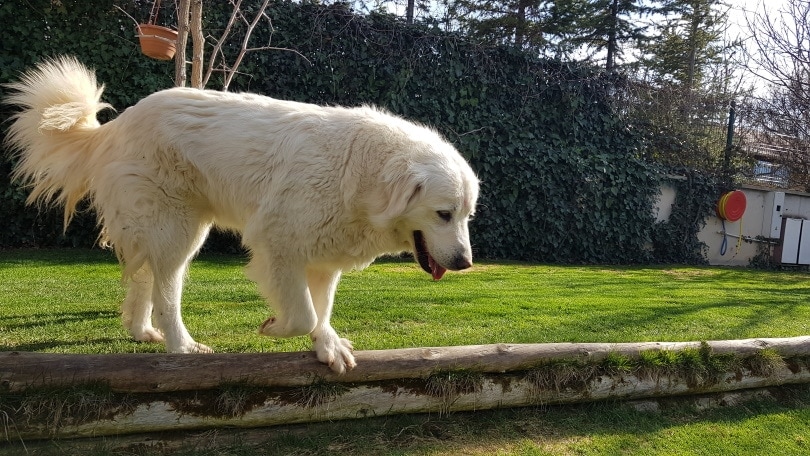
Is Corn Bad for Dogs?
You probably already know that corn or maize features in some dog foods, especially dry kibble. So, why is it fine to feed your dog corn in kibble but not as grits?
While corn does have nutritional benefits in terms of the vitamins and minerals that it contains, it’s generally used in lower-quality dog food as a filler. That means it’s bulking out the beneficial ingredients rather than providing essential calories or nutrients.
Carbohydrates such as those contained within corn are also essential for the manufacturing process of creating dried kibble. This kibble has to be “gelatinized” as it’s processed, and this isn’t possible without carbohydrates. That’s why you’re far more likely to see higher levels of carbohydrates in dry kibble compared to canned wet dog food.
Some dogs suffer from allergies to corn, so if your pup falls into that category, you definitely don’t want to let them eat grits either.
Corn is also difficult for your dog to digest, given that their whole digestive system is more geared toward breaking down protein from meat.
If your dog is overweight, then corn will add empty calories to their diet. So, they may put on even more weight if they eat grits, but they won’t gain any nutritional benefits.
What if My Dog Steals Grits From the Table?
We know that grits aren’t something we should feed our dogs intentionally, but what if they steal some or quickly gobble up grits that have been dropped before you get a chance to clear them up? If your dog eats a small number of grits, it shouldn’t do them any harm. We’re talking about a mouthful or two here.
If they eat more than that, it’s a good idea to keep an eye on your dog over the next 24 to 48 hours and watch for any unusual behaviors. If your dog vomits, has diarrhea, is lethargic, or does anything else that worries you, we recommend calling your veterinarian and asking for advice.
Bear in mind that grits are almost always seasoned with salt, pepper, butter, cheese, syrup, or sugar, and none of these seasonings are good for your dog. So, if your dog eats a small number of plain grits, you can feel less concerned than if they’ve eaten a whole bowl of grits heavily seasoned with butter and salt.
Conclusion
Grits shouldn’t ever be fed intentionally to your pup. Other foods are far better for them if you’re looking to give your dog a treat.
If your dog does eat grits accidentally, you don’t need to be too worried. The empty calories and high levels of carbohydrates shouldn’t do your dog any harm in the long run. If your dog does eat a large amount of heavily seasoned grits, however, you should probably call your veterinarian and ask for advice.
Keeping an eye on your pup and not allowing them access to the kitchen when you’re preparing food, or leaving them unattended with leftovers should mean our dog is far less likely to come across a bowl with leftover grits. As most of us pet parents know, it’s up to us to try and stop our dogs from helping themselves to something they shouldn’t!
Related Reads:
Featured Image: Edsel Little, Flickr


